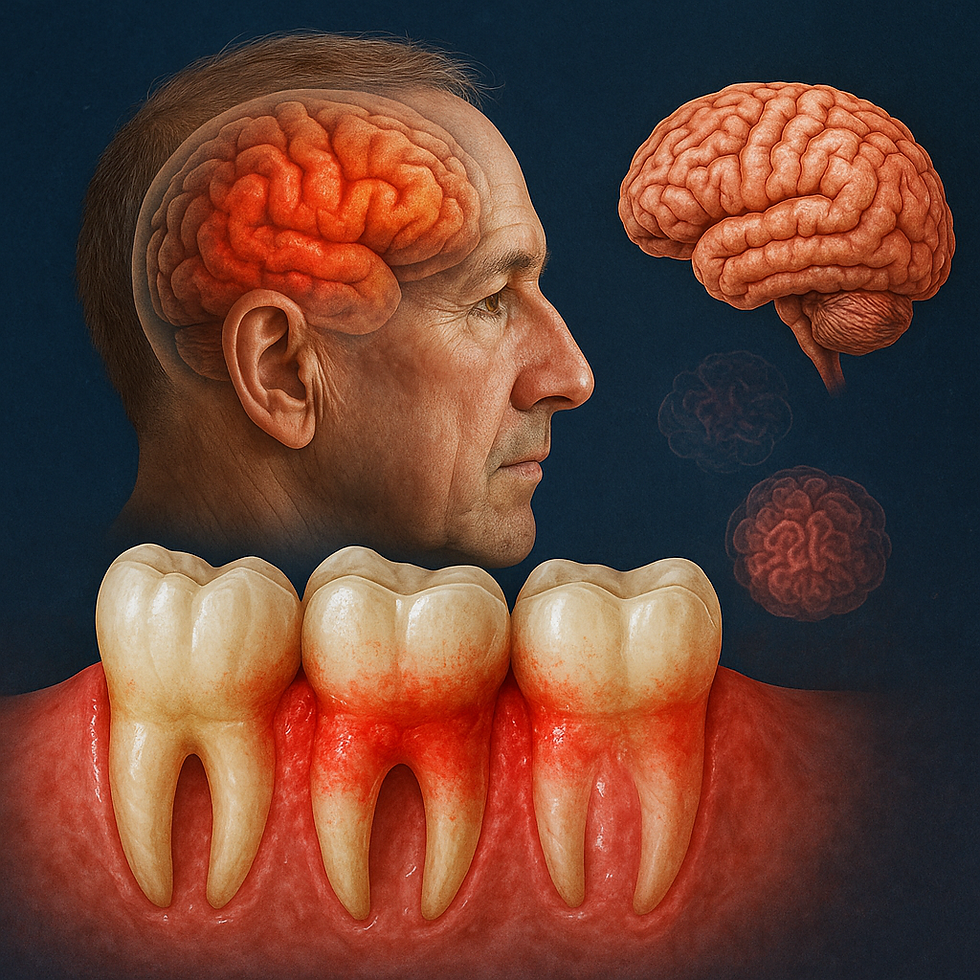Revolutionizing Healthcare: The Impact of Artificial Intelligence
- alexfoxman
- May 9, 2024
- 2 min read
Updated: May 12, 2024
In today’s digital age, Artificial Intelligence (AI) is transforming countless industries, and healthcare is at the forefront of this revolution. AI’s integration into healthcare promises significant advancements in diagnostic accuracy, patient management, and personalized treatment, profoundly impacting patient outcomes and the efficiency of healthcare providers.
Enhancing Diagnostic Accuracy
AI algorithms are increasingly used to interpret complex medical data. Tools like deep learning are being applied to analyze everything from genetic sequences to medical imaging more quickly and accurately than ever before. For example, AI systems can detect subtle patterns in X-ray or MRI images that may be overlooked by human eyes, leading to earlier and more accurate diagnoses of conditions such as cancer, neurological disorders, and heart diseases.
Improving Patient Management
AI is also transforming patient management by enabling more effective monitoring and predictive analytics. Wearable health devices that track vital signs such as heart rate and glucose levels in real-time are integrated with AI to analyze the data they collect. This allows for continuous monitoring of patient health, potentially alerting healthcare providers to issues before they become critical, thereby facilitating timely interventions.
Personalizing Treatment Plans
Perhaps one of the most promising aspects of AI in healthcare is its capacity to personalize treatment. By analyzing vast amounts of data, AI can help predict how different individuals will respond to certain treatments based on their unique genetic makeup and medical history. This approach not only enhances the efficacy of treatments but also minimizes the risk of adverse side effects, ensuring that patients receive the care that is best suited to their specific needs.
Ethical Considerations and Future Outlook
As AI continues to evolve, it is crucial to address the ethical considerations it raises, particularly concerning patient privacy and the accuracy of AI-driven decisions. Ensuring that AI systems are transparent, equitable, and underlain by robust privacy protections is essential.
As we look to the future, the potential of AI in healthcare is boundless. It offers the promise of transforming patient care, improving outcomes, and making our healthcare systems more efficient. However, it requires careful implementation and oversight to ensure that these technologies enhance rather than undermine patient care.
AI is not just a tool; it is a partner in redefining the future of healthcare.




Great information! Thanks for summarizing a lot of the noise that is out there. This technology is really amazing.